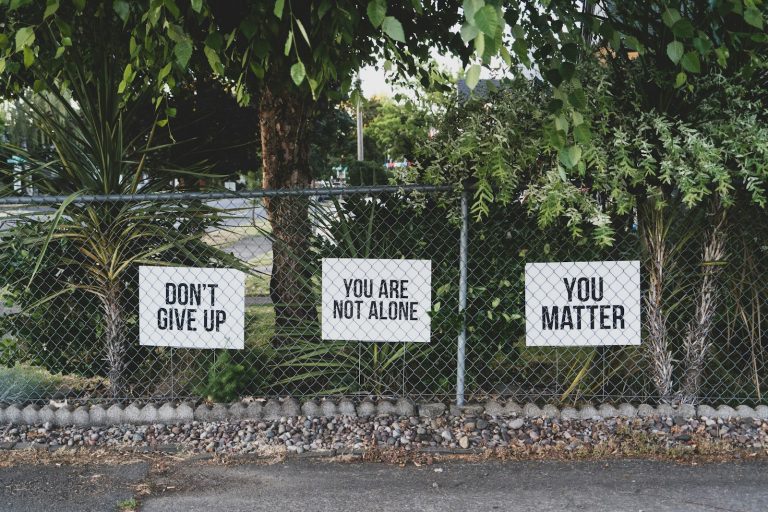Finding the best drug rehabilitation center can be a daunting task, especially when you’re faced with the overwhelming amount of information available. The goal of this article is to simplify that process by breaking down the essential factors that differentiate quality treatment centers from less effective ones. Additionally, we’ll explore the key questions to ask when searching for a rehab center and whether staying local or traveling for treatment is the best option.
What Differentiates Quality Treatment Centers from Non-Effective Ones?
The first step in identifying the best drug rehabilitation center is understanding what sets high-quality programs apart. A top-tier rehab center will view addiction as a chronic disease that requires long-term care and management, rather than a short-term fix.
Chronic Care Model
A quality drug rehabilitation center approaches addiction with a chronic care model. This means they recognize that addiction, much like diabetes or hypertension, is a lifelong condition that requires ongoing management. They won’t promise that your addiction will be cured in 30, 60, or even 90 days. Instead, they set realistic expectations and offer continuous support for managing the disease long after the initial treatment.
Evidence-Based Treatment
Another hallmark of the best drug rehab centers is their commitment to evidence-based treatment. These programs use scientifically-backed methods that have been proven effective in helping patients recover from addiction. They don’t rely on fads or untested therapies; instead, they use approaches such as medication-assisted treatment (MAT), which combines medications like Suboxone with counseling and behavioral therapies to help patients manage cravings and withdrawal symptoms. Additionally, many centers offer outpatient rehab options, allowing individuals to receive ongoing care and support while maintaining their daily responsibilities.
Harm Reduction and Compassion
The best rehabilitation centers also practice harm reduction—a non-judgmental, patient-centered approach to addiction. They meet patients where they are, offering tools and education that empower patients to make decisions about their care. This method emphasizes dignity and respect for the patient, acknowledging that recovery is a deeply personal journey that requires time and patience.
Key Questions to Ask When Searching for a Drug Rehab Center
Once you’ve narrowed down your options, asking the right questions can help you determine which center is truly the best fit for your needs. Here are some key questions to ask:
1. What is your treatment philosophy?
This question helps you understand whether the program views addiction as a chronic disease and whether they offer long-term care options.
2. Do you support medication-assisted treatment (MAT)?
If the center does not offer or support MAT, it may not be the best choice, especially for patients with opioid addiction.
3. How do you incorporate harm reduction principles?
Look for a program that prioritizes compassion and non-judgmental care, ensuring that patients are treated with respect and autonomy.
4. What kind of aftercare programs do you provide?
Recovery doesn’t end when you leave the rehab center. Quality facilities offer aftercare programs such as counseling, support groups, and follow-up appointments to help patients maintain sobriety.
Should You Stay Local for Treatment or Travel to Find the Best Drug Rehab Available?
One of the biggest decisions you’ll face is whether to seek treatment locally or travel to another city or state for care. Both options have their pros and cons, and the decision ultimately depends on your specific needs and circumstances.
Benefits of Staying Local
- Close to Home: Being near friends and family can provide a strong support system during your recovery.
- Familiar Environment: You won’t have to adjust to a new location, which can reduce stress.
- Continuity of Care: It’s easier to transition into outpatient programs or follow-up care with local providers. For those in New York, there are great options for a rehabilitation center in Brooklyn that offer personalized care close to home.
Benefits of Traveling for Treatment
- Distance from Triggers: Traveling can help you escape the environment and people associated with your addiction, allowing you to focus solely on recovery.
- Access to Specialized Care: Some of the best drug rehabilitation centers may be located outside of your local area, offering unique programs and specialized treatments that are not available nearby.
- Anonymity: Traveling may offer a higher level of privacy, which can be important for some individuals.
Conclusion
The best drug rehabilitation centers are those that treat addiction as a chronic disease and offer long-term, evidence-based care. When searching for a rehab center, ask questions that reveal their treatment philosophy, support for medication-assisted treatment, and commitment to harm reduction. Whether you decide to stay local or travel for treatment, make sure the facility you choose offers a comprehensive, compassionate approach to recovery.
Finding the right rehab center is a critical first step in reclaiming your life from addiction. By focusing on quality, patient-centered care, you can set yourself up for success on the road to recovery.

0 Comments